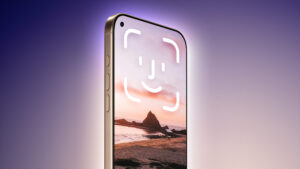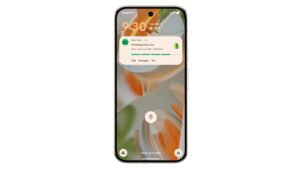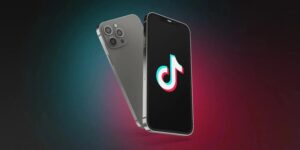Hands on with Apple’s MagSafe charger and silicone cases

[ad_1]
Apple’s MagSafe accessories have started to show up at customers’ doorsteps. We take a look at a few first-party cases, as well as Apple’s MagSafe charger, to see how they work.
A few readers had questions after AppleInsider posted its in-depth look on MagSafe last week. Here, we have an opportunity to answer those queries with a hands-on of Apple’s own accessories.
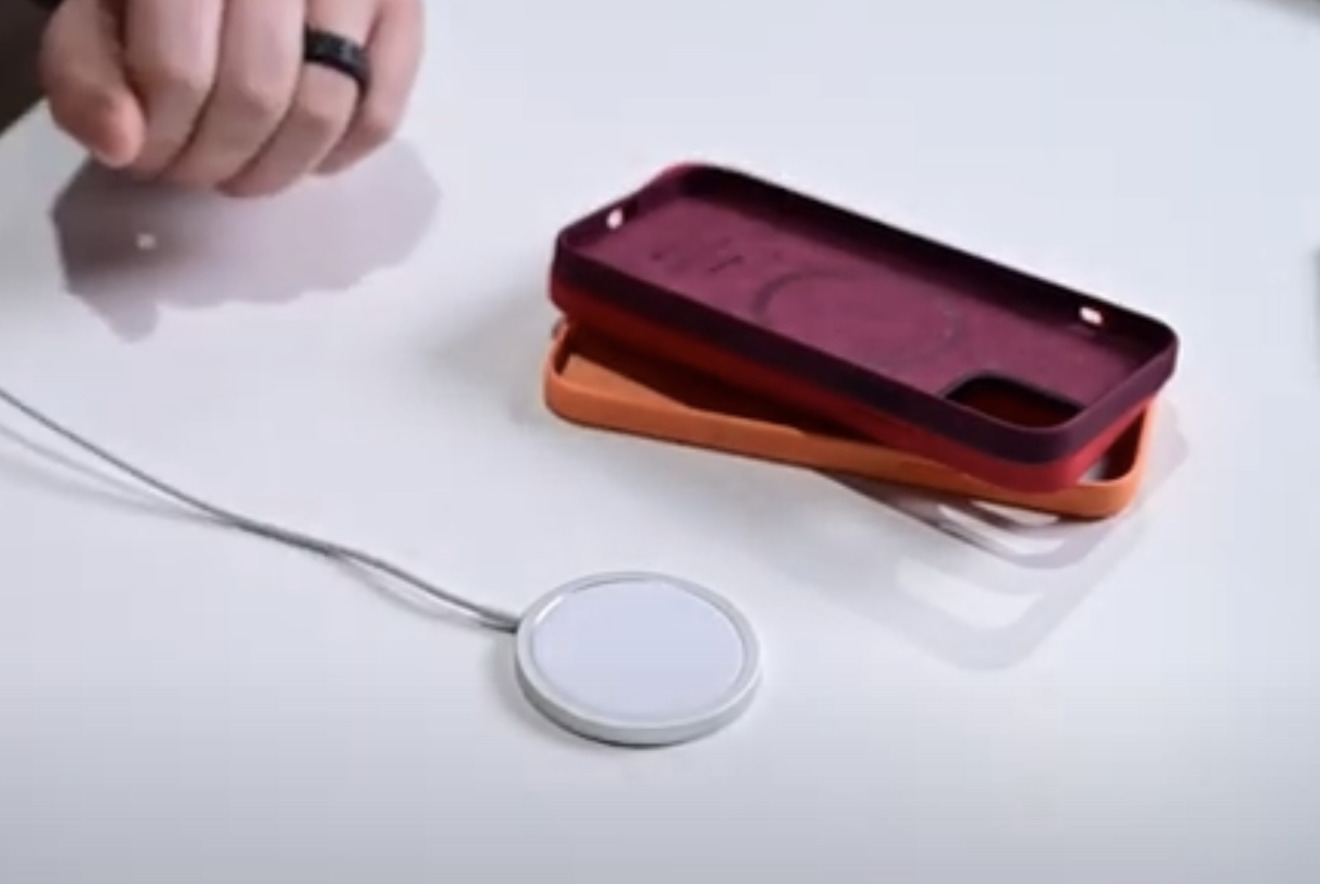
Apple’s MagSafe charger
As Apple just introduced the standard, the iPhone maker is one of the only manufacturers to currently have MagSafe products on the market. OtterBox has released a few cases, but it won’t be long before countless others flood the market.
Ahead of the full launch of iPhone 12 — including November’s iPhone 12 mini and iPhone 12 Pro Max debuts — we got our hands on Apple’s MagSafe charger and several MagSafe-compatible silicone cases. Apple is still readying a leather sleeve, leather cases, and wallets. The wallets, big enough to house credit cards, are on sale now though they don’t ship until November or December.
MagSafe charger
MagSafe for iPhone is what one would expect from a magnetic wireless charger. At first blush it looks like a scaled up version of the Apple Watch charging puck, at least the stainless steel version that comes with the higher-end models. The back of the charger sports a nice matte finish that resists fingerprints. Instead of hard plastic, the white center portion — the part that touches your phone — is soft and feels very similar to Apple’s silicone cases.
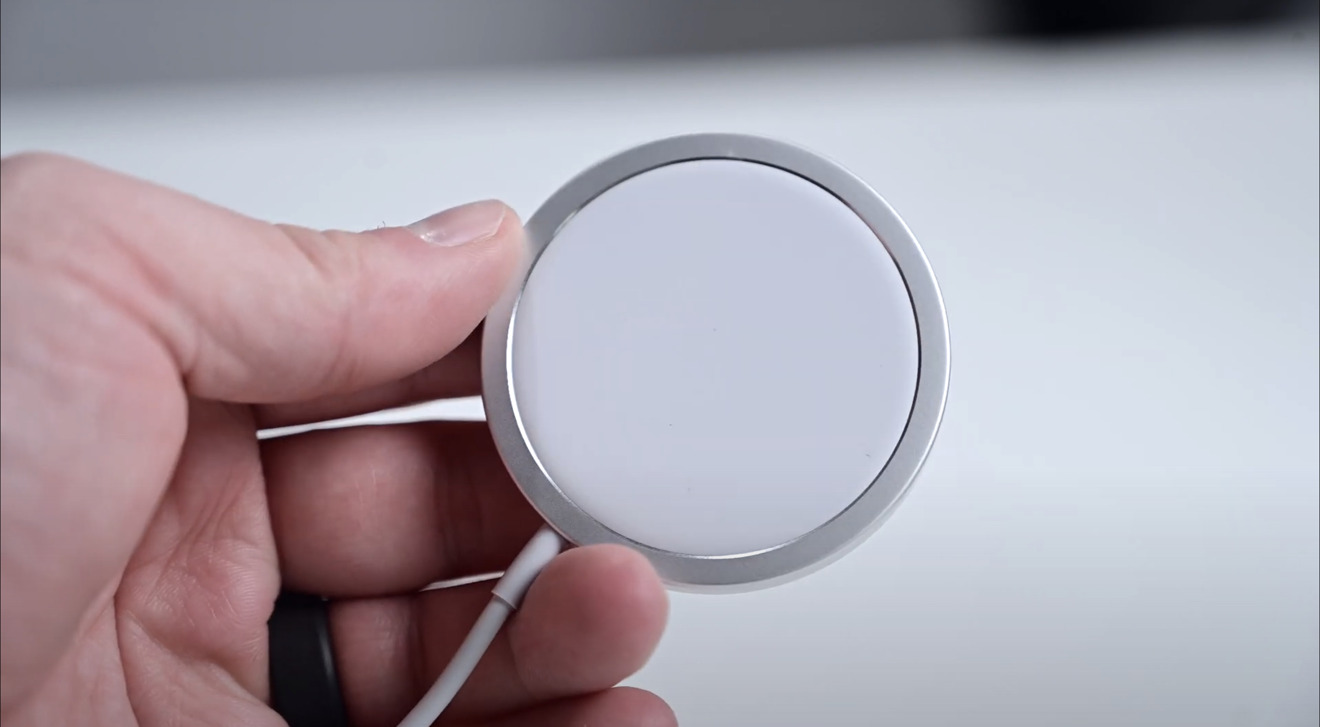
Apple MagSafe charger
A roughly three-foot USB-C cable is permanently affixed to the charging puck and should anything go bad with the cable the whole thing is bound for a landfill. If you didn’t assume by the slim packaging, no power adapter is included.
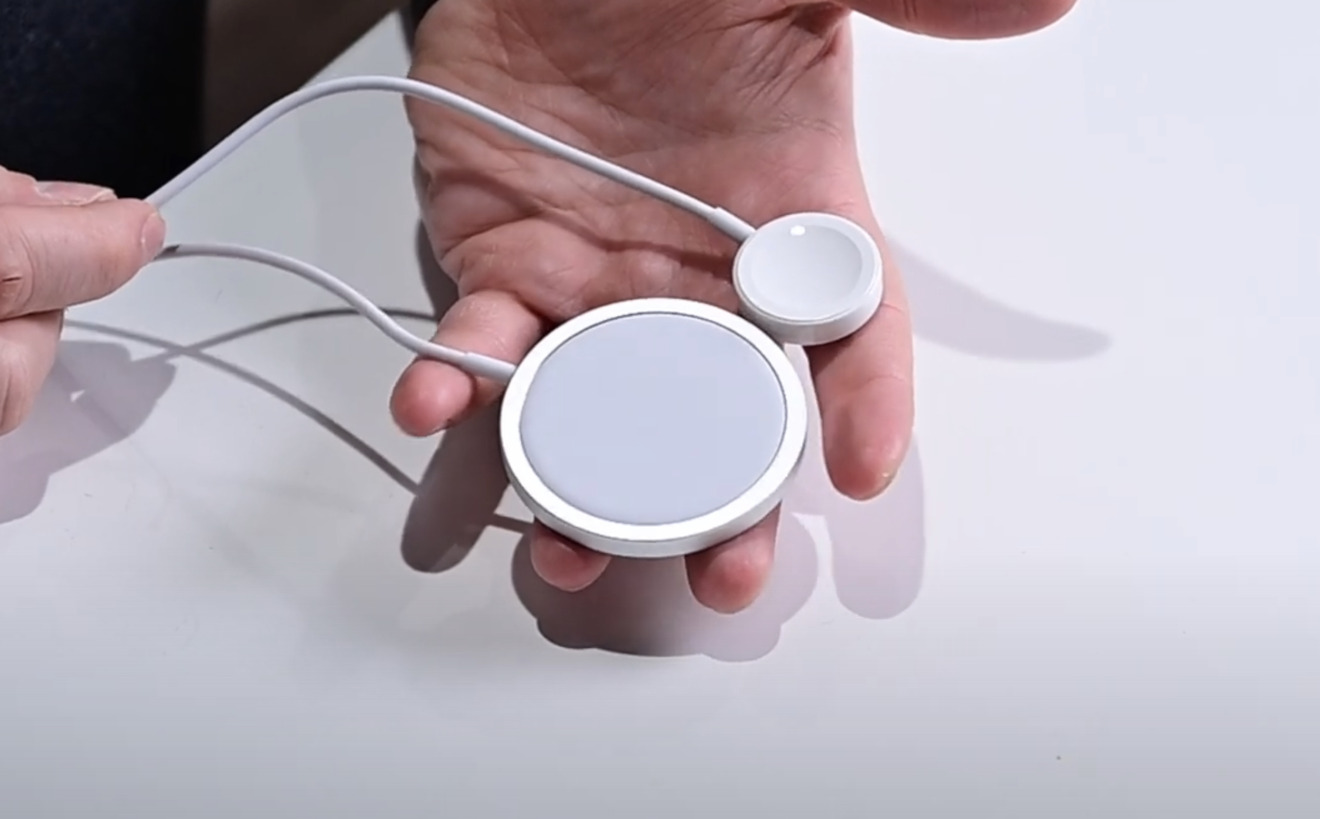
Apple MagSafe Charger versus Apple Watch charging puck
Apple says you need at least a 20W USB-C power brick for its MagSafe charger if you want the maximum 15W of wireless power. Apple does offer its own, but we prefer a few third-party choices like the Anker PowerPort Nano III.
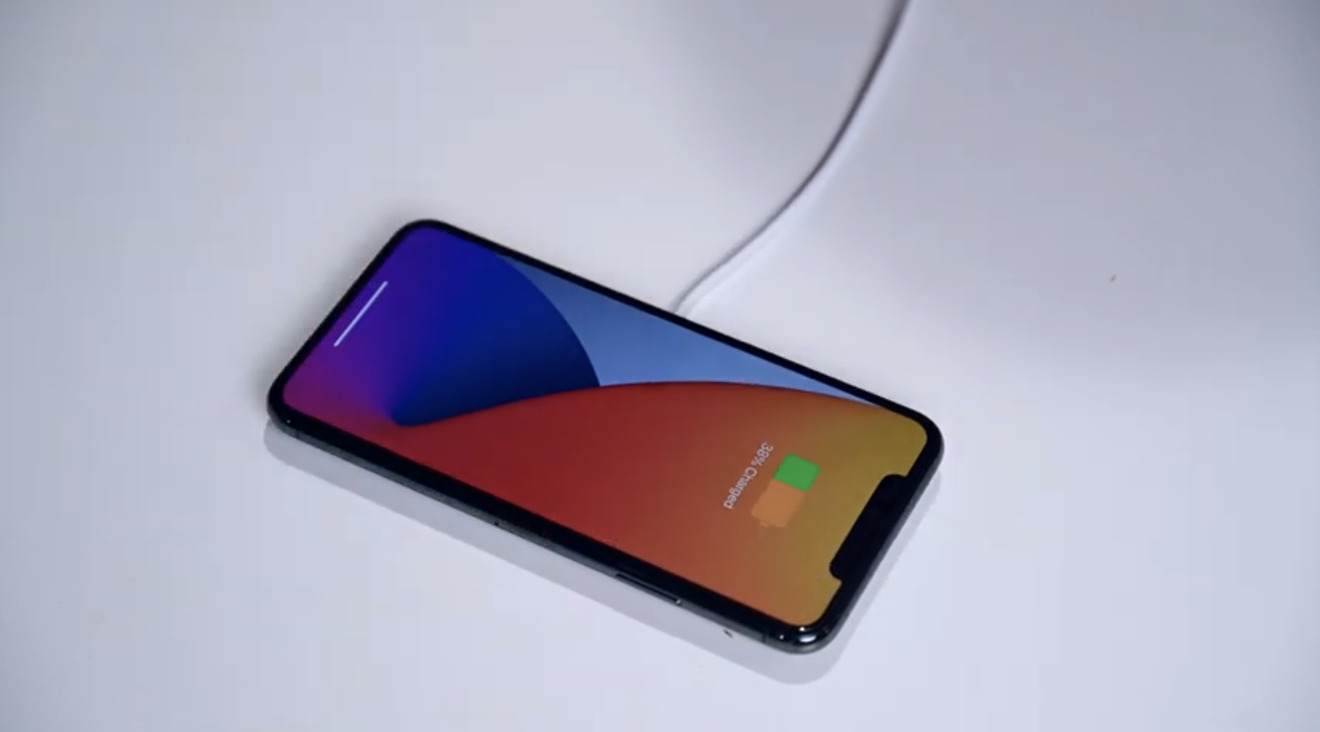
Charging iPhone 11 Pro with MagSafe charger
MagSafe is compatible with the Qi standard, which means that the iPhone 12 be juiced up by Qi chargers, while the MagSafe puck can charge Qi-enabled devices. We tested this ourselves with our AirPods Pro and our iPhone 11 Pro Max — both of which worked without issue. It even charged our Samsung devices we had in the studio.
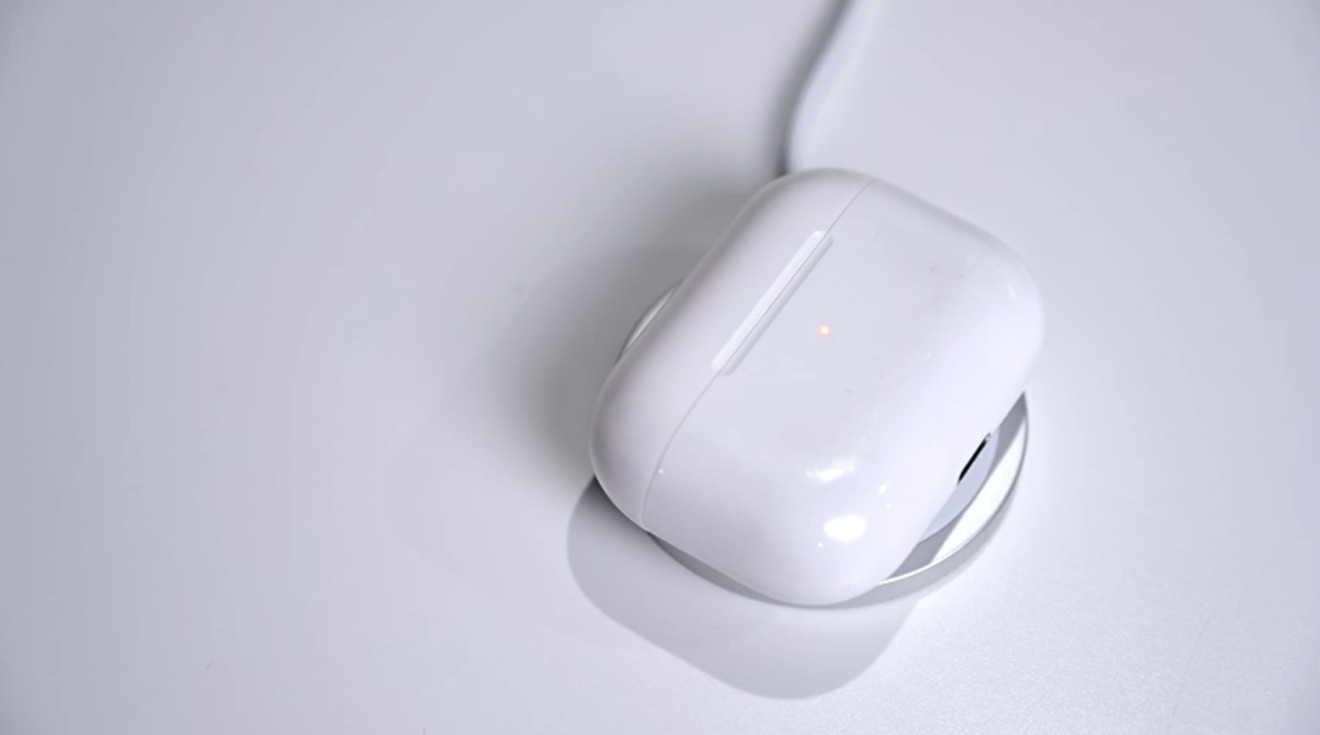
Charging AirPods Pro with MagSafe charger
When connected to a Qi phone like our iPhone 11 Pro Max, there is a slight magnetic attraction which does a decent job of keeping the puck in place. It helps align our phone better than normal Qi wireless chargers. We can even sit and use our iPhone while it charges and the puck doesn’t come free. That said, it isn’t a very strong attraction and easily falls off with quick motions. It wasn’t designed to be useful for these phones, but rather the iPhone 12. This is just a nice benefit.
Unfortunately, it does not charge our Apple Watch. Apple Watch still uses a proprietary charging method that is based around Qi, but is not compatible.
Apple silicone MagSafe-enabled cases
The second MagSafe accessory Apple released is an upgraded version of its silicone cases. They have the same feel as before, and the same physical makeup, just a new shape. Unlike OtterBox, which simply glued a MagSafe-compatible insert into their cases and called it a day, Apple sandwiches the magnets in between the case’s back panel and microfiber lining.
To designate the MagSafe location, the inside of the case has a plastic indicator that looks like a sticker. Do not try to peel it off…
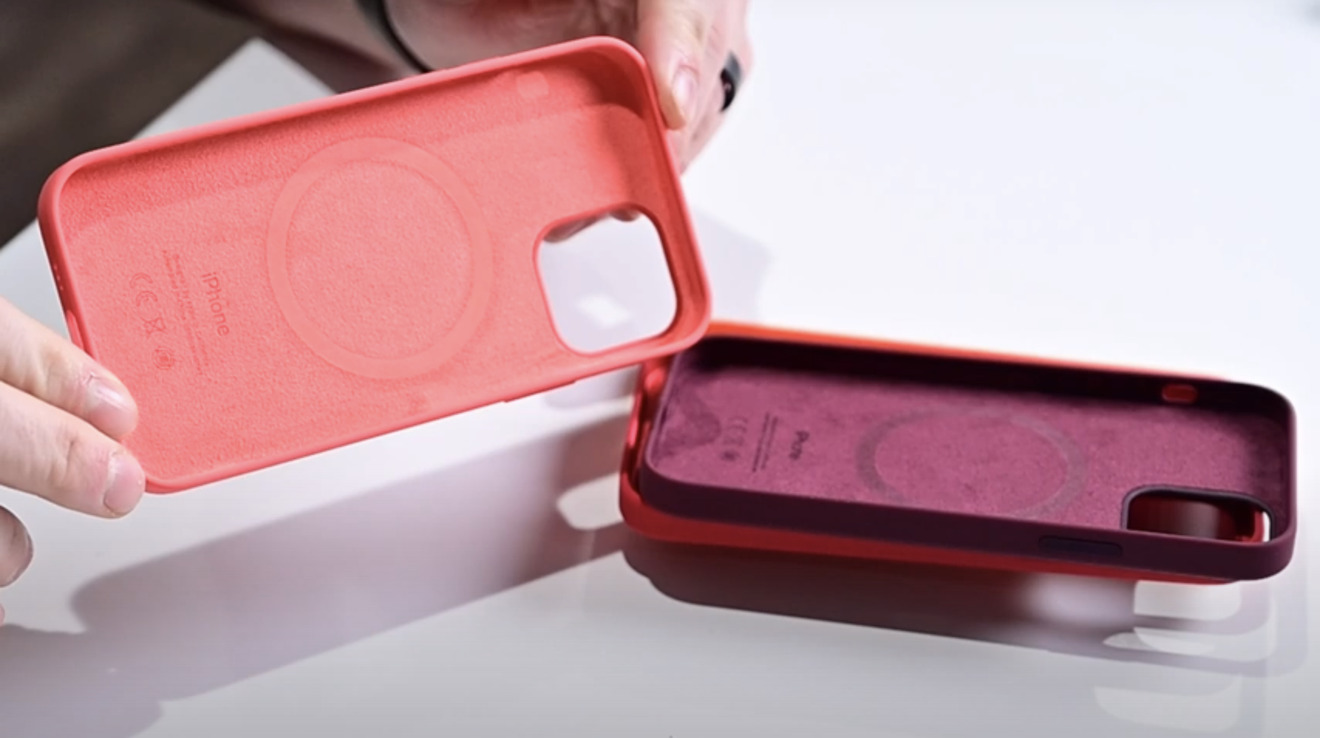
The inside of Apple’s silicone cases
Aside from the ring in the center, there is an additional magnet array at in the six o’clock position which is used for alignment. The MagSafe charger doesn’t utilize this piece, but it is necessary for accessories like wallets that need to be correctly orientated on the handset to function.
Since we don’t have our iPhone 12 yet, we can’t test charging the phone. We can, however, test connecting the MagSafe puck to our case. One of the most-asked questions was regarding the strength of MagSafe’s magnets. At least to the case, the attraction is substantial but not overpowering.
When you lift your phone off the table, the charger will for sure be taken along. This can be good if you want to charge while holding your phone, but bad if you always want to disconnect as it requires two hands. Of course, there will soon be a slew of MagSafe chargers like stands, docks and other stationary designs.
We put a dummy iPhone 12 into the case and were able to let it dangle without either the phone or case coming free. A vigorous shake did break the bond. Based on early looks, it seems that there will be a slightly stronger connection when a real iPhone 12 is present.
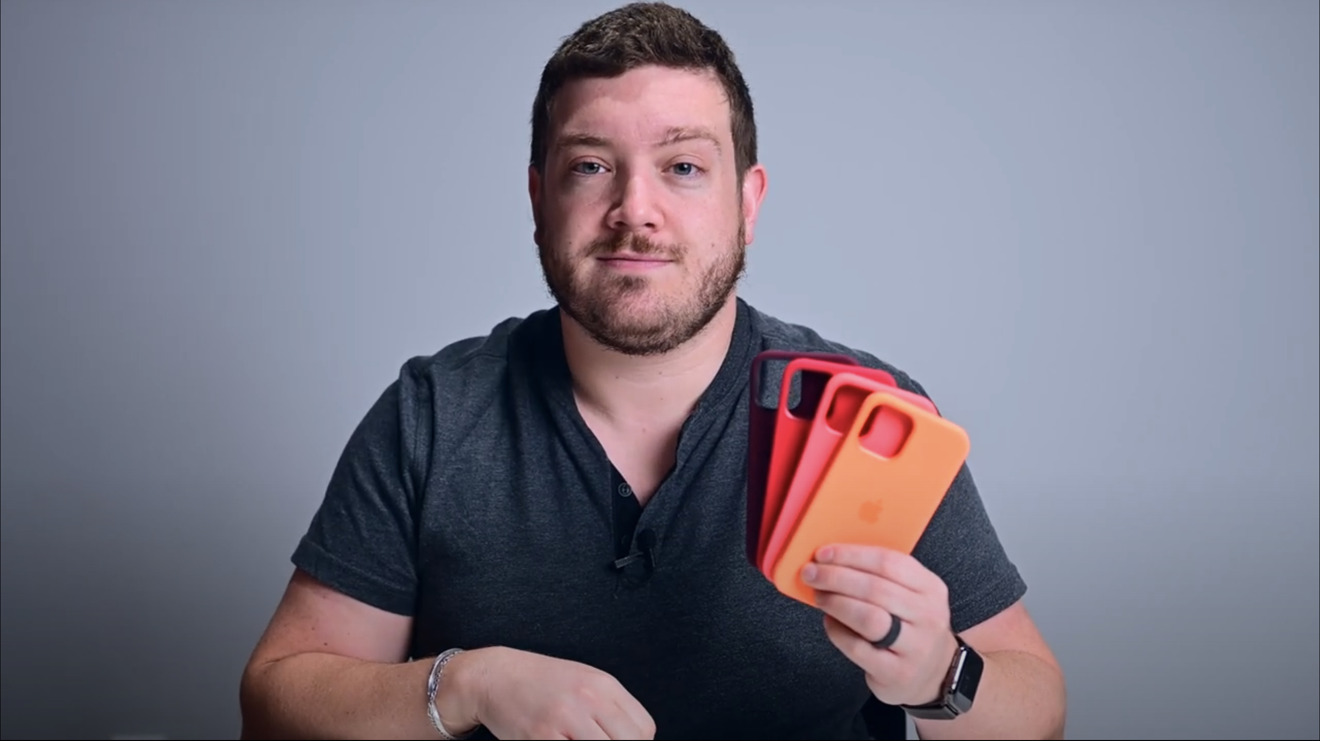
Apple’s Plum, Pink Citrus, Kumquat, and Product(RED) silicone cases
Another question we heard was whether or not the puck had to be facing any certain way. The puck can, in fact, rotate but not too easily. It doesn’t have a fixed orientation, but the silicone-on-silicone creates enough grip to prevent free rotation. This is great because you can have the cable positioned at any angle.
These accessories are a great first start and we will continue to test them and some other early third-party accessories in the coming days, especially when we get our hands on the new iPhone 12.
There’s been some discussion as to whether or not MagSafe will be iPhone 12’s killer feature, and regardless of where you stand on the matter, chances are you will eventually have some form of MagSafe accessory. From our first look, that’s not a bad thing.
[ad_2]
Source link
